This phenomenon not only causes inconvenience to consumers in the digital age but also raises concerns about "tricks" to avoid tax obligations, going against the Government's policy of economic transparency and promoting cashless payments.
All kinds of avoidance
Many traders complained about not being paid by bank transfer. Photo: Screenshot.
On the evening of May 3, Ms. Lan Huong in Van Khe (Ha Dong district) shared her "half-crying, half-laughing" story with the Van Khe residents group: "I went to buy personal items worth 20,000 VND but could not pay because the store resolutely refused to transfer the money. In a hurry, I only had time to bring my phone to transfer the money like usual, but now I have to give up completely."
A Facebook page selling fashion products with tens of thousands of followers, after the Lunar New Year At Ty, announced a "strange" policy: "Customers who transfer money in advance but do not write sensitive keywords such as "buy", "sell", "deposit", "goods price" will receive free shipping".
Ms. Doan Huong Ly in Thanh Xuan district shared that when she went shopping or drinking with friends, she saw the words "No transfers accepted" on the cashier counter. "At first, I thought this was a technical problem with the banking system, but the fact that no transfers were accepted appeared more and more often made me realize that this was the reaction of businesses to the new tax policy of the State," Ms. Ly commented.
Explaining this action, many business people do not hesitate to admit that this is a way to "avoid" taxes. Ms. Pham Thi Giang, a clothing seller in Cau Giay district, said that more than a month ago, her wholesaler suggested that she pay for goods in cash. If a transfer is required, the content section must be left blank or kept as the bank's default, absolutely no additional transaction information must be recorded. "When asked again, the wholesaler said that this is a way to help sellers "avoid" taxes," Ms. Giang shared.
Some Facebook sales pages refuse to accept cash. Photo: Screenshot.
Similarly, Ms. Nguyen Thi Dung, owner of a pig slaughterhouse in Dong Anh district, informed her customers that she "encouraged to receive cash, did not accept bank transfers and did not transfer money on behalf of others" because she was concerned that all money coming in and out of her account would be monitored by authorities and taxed for her family's business activities.
In response to the "wave" of refusal to accept money transfers in recent days, on the evening of June 3, Ms. Nguyen Thu Huong, owner of a beverage shop in Cat Que commune (Hoai Duc district) announced on her personal Facebook page: "Due to changes in taxes, customers who transfer money, I would like to ask for permission to multiply the coefficient (1.5%) because they have to pay the state for additional collection. When transferring money, do not write the content as transferring money for goods."
At traditional markets, transactions by bank transfer are still being applied by traders. “Since consumers changed their buying and selling habits, almost everyone who sells at this market has a QR code and an automatic loudspeaker. In the past few days, I heard about a new tax policy, so I have been working and listening, waiting for instructions from the tax authorities,” said Ms. Le Thi Tinh, a trader at Kim No market (Dong Anh district).
Inevitable trend in the digital age
People register for taxes. Photo: Contributor.
Decree No. 70/2025/ND-CP stipulates that business households with revenue of more than 1 billion VND are required to apply electronic invoices from June 1, 2025. This is an important step to make business activities transparent and limit budget losses.
Therefore, in recent days, social networks have been spreading a lot of information related to businesses refusing to accept bank transfer payments and only accepting cash to "avoid taxes".
Faced with that reality, on June 4, the Tax Department of Region I sent an Open Letter to households operating in production and business in Hanoi and Hoa Binh province. The Open Letter emphasized: “The act of hanging a sign saying “cash only” or writing ambiguous transfer content - for example “repaying loan”, “coffee fee”, “shipping fee”... making it difficult for authorities to determine revenue does not reduce tax obligations, but on the contrary, can become a sign of suspicion for the act of concealing revenue.
In some cases, sellers request to collect additional money from buyers if payment is made by bank transfer, which not only affects the rights of the buyer but also shows signs of violating the law. The tax authority really hopes that business households and individuals will be alert, learn about legal regulations, not listen to and follow illegal acts such as concealing revenue, lack of transparency in economic transactions; correctly and fully declare revenue when selling goods and services...
In cases where taxpayers intentionally conceal revenue or make dishonest or incomplete tax declarations, they will be subject to additional tax collection, tax assessment, penalties for false declaration, tax evasion, or may be prosecuted for criminal liability.
Faced with the confusion and anxiety of not having a clear understanding of tax policies that seem to be spreading among the small business community, Ms. Le Thi Thanh Son in Hoang Mai district expressed her opinion: “Legally, this policy aims to ensure fairness and transparency in tax obligations. However, the implementation is somewhat rushed, while the communication and explanation of the policy is not really extensive and effective to all people, which has inadvertently created a defensive and fearful mentality among a large number of households engaged in production and business activities.”
The refusal of businesses to accept transfers is not simply a choice of payment method but also has many potential negative consequences. In the immediate future, it is an unnecessary inconvenience for consumers, especially in the context of non-cash payments becoming increasingly popular and convenient. For the State, this behavior directly causes a significant loss of revenue to the state budget, affecting social security programs and development investment...
“Although it is possible to “avoid” some taxes in the short term, in the long term, this behavior poses many legal risks. When the authorities increase inspections and audits, detection and tax collection, and even heavy fines, are inevitable. The reputation of the business will also be seriously affected in the eyes of consumers. Therefore, my family’s coffee shop still accepts payments by bank transfer and cash,” said Ms. Le Thi Thanh, Nghia Tan Ward (Cau Giay District).
Promoting non-cash payments and ensuring transparency in economic transactions is an inevitable trend and brings great benefits to the whole society. The fear and even the deliberate "law-evading" behavior of a part of households and individuals doing business in the face of new tax policies needs to be enhanced by the Tax sector to communicate and disseminate so that they understand the benefits of properly fulfilling their tax obligations.
Along with propaganda, there should be drastic inspection and examination measures to detect and strictly handle cases of intentional violations and tax evasion, creating deterrence.
Source: https://hanoimoi.vn/tu-choi-chuyen-khoan-chieu-tro-ne-thue-hay-buoc-lui-trong-thoi-dai-so-704574.html


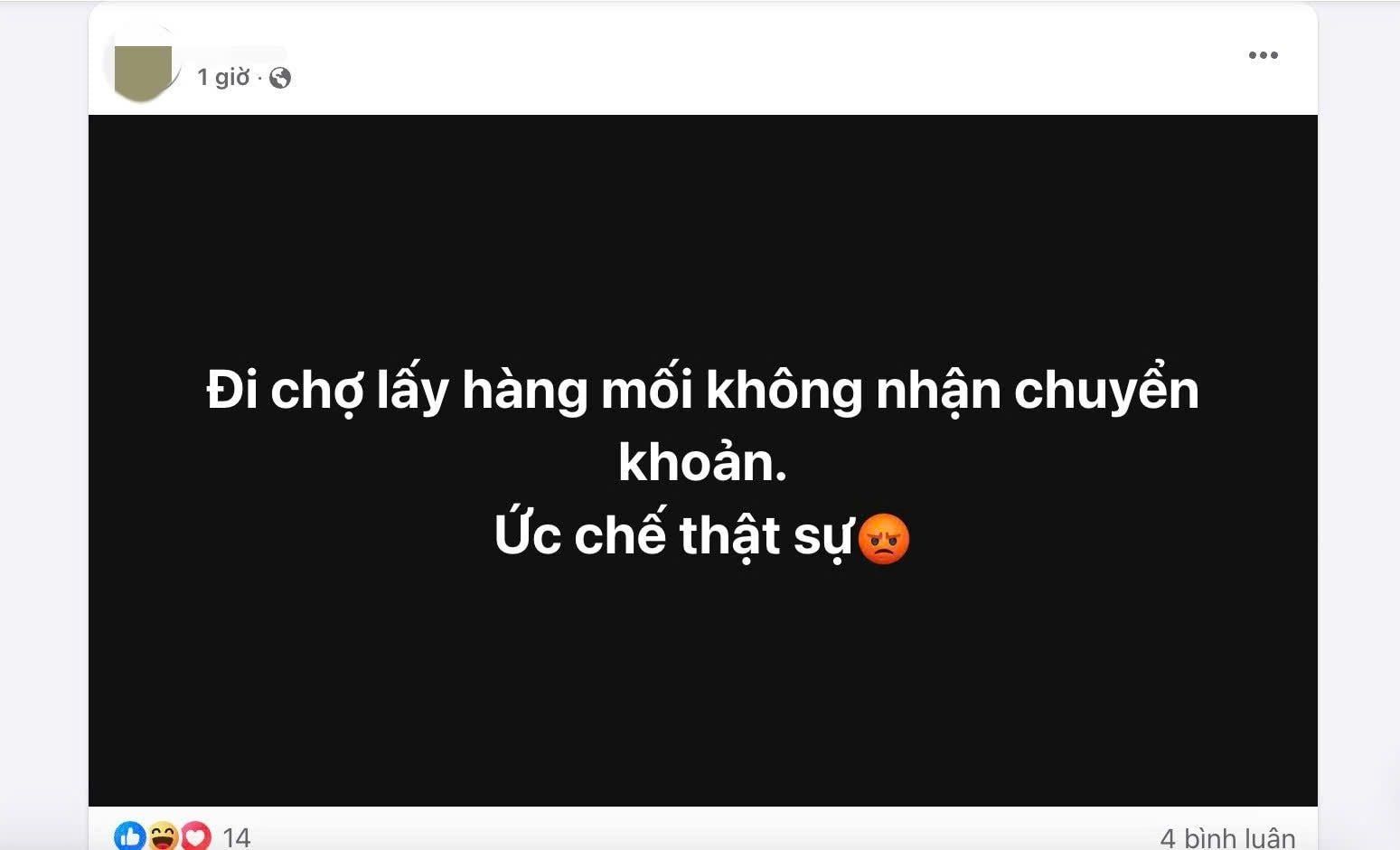

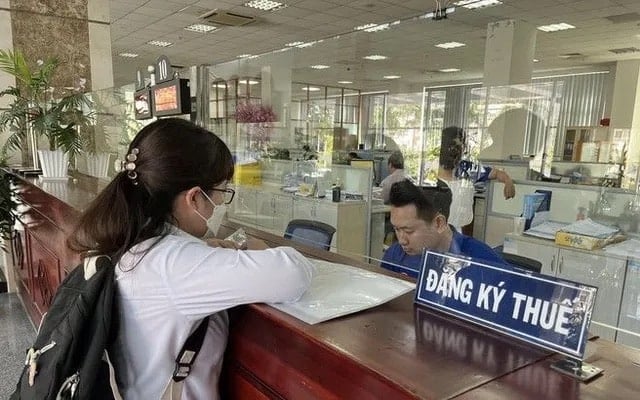
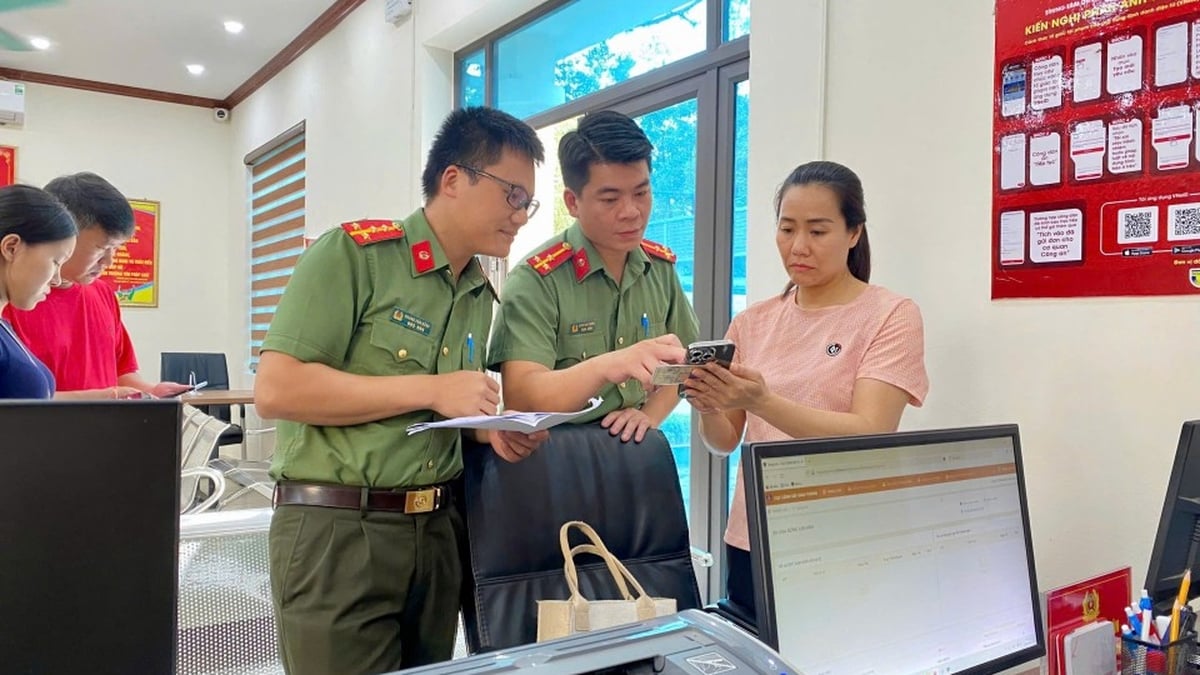
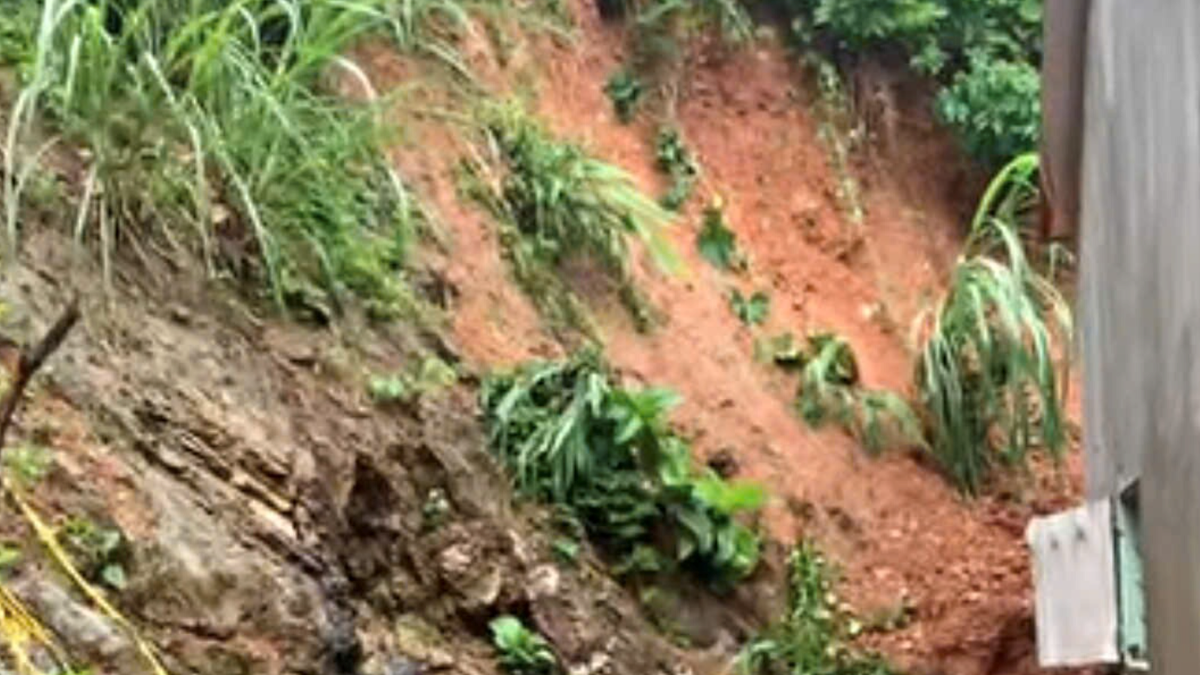


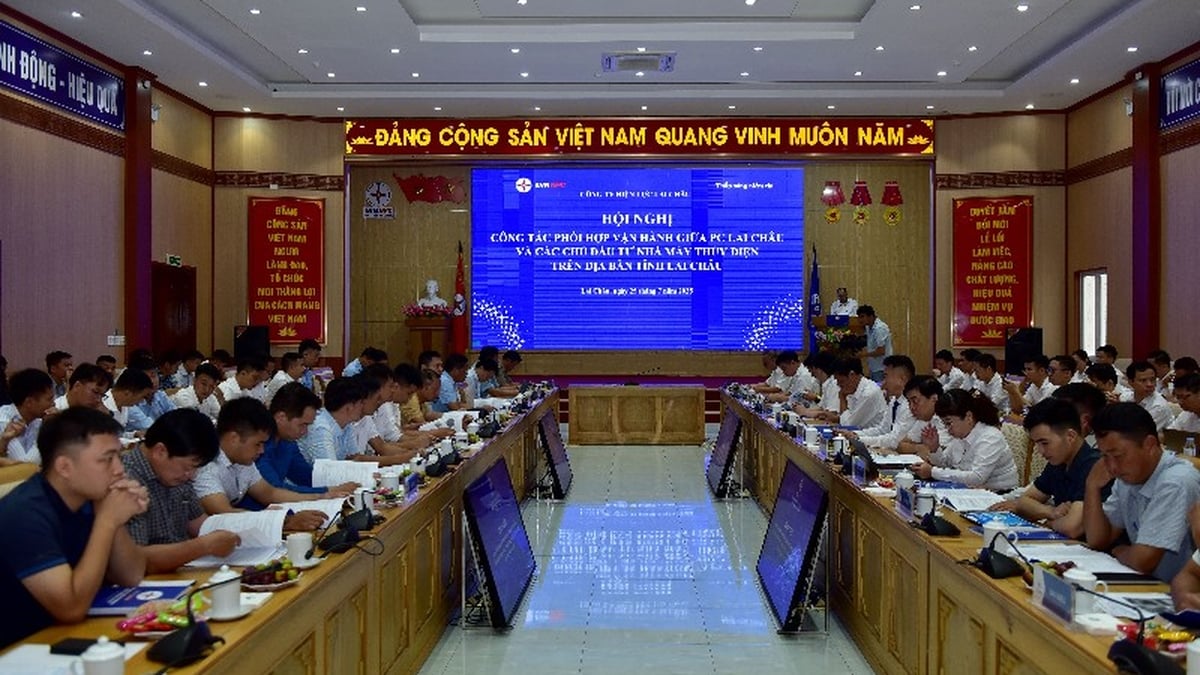

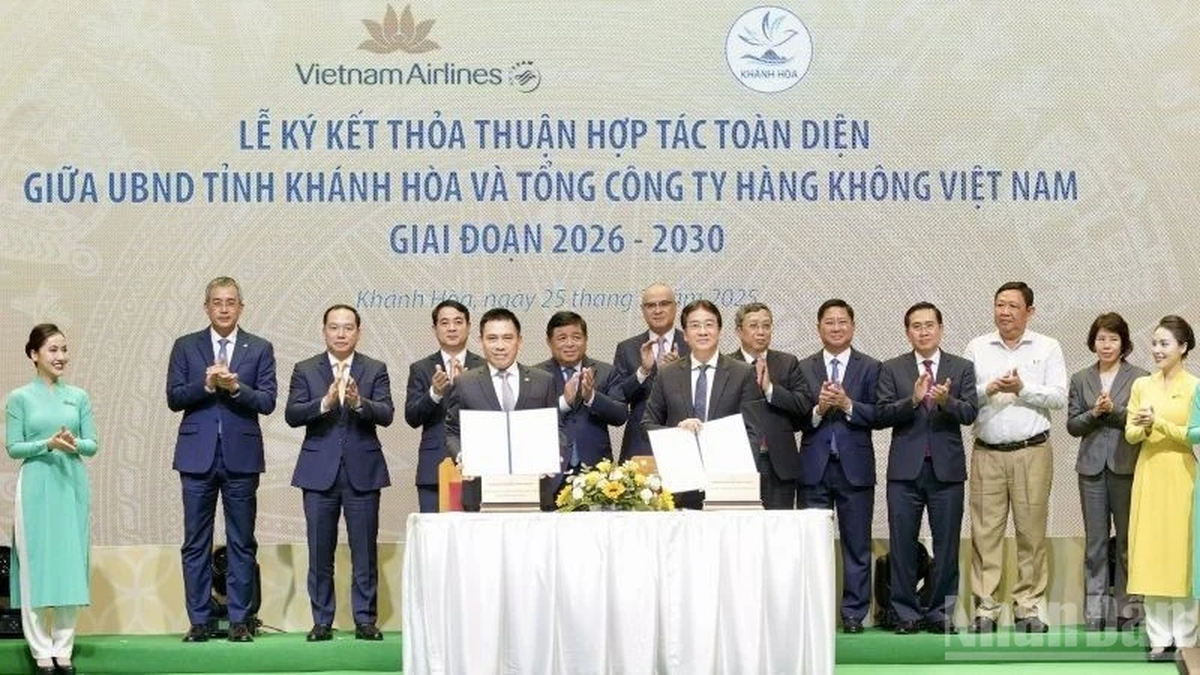


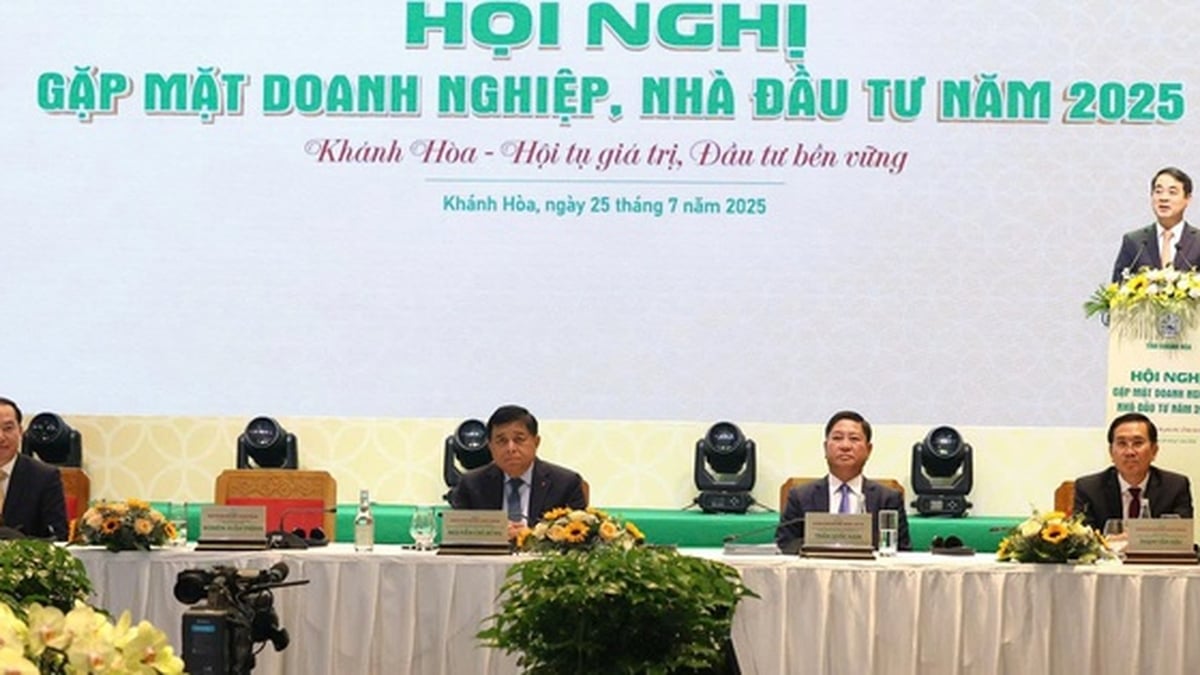

















![[Photo] Signing of cooperation between ministries, branches and localities of Vietnam and Senegal](https://vphoto.vietnam.vn/thumb/1200x675/vietnam/resource/IMAGE/2025/7/24/6147c654b0ae4f2793188e982e272651)




































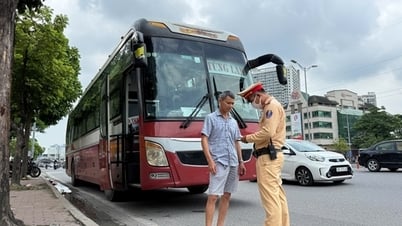



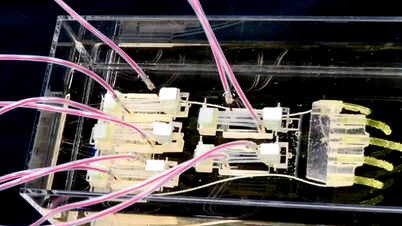
































Comment (0)